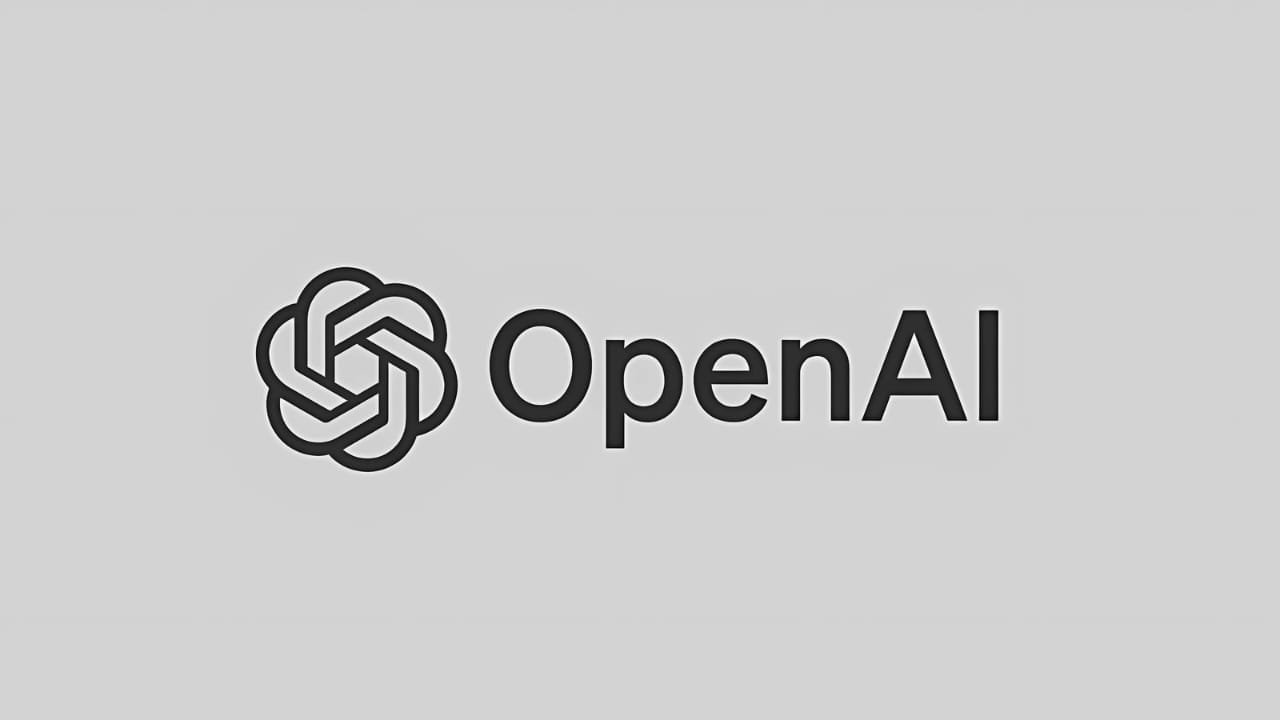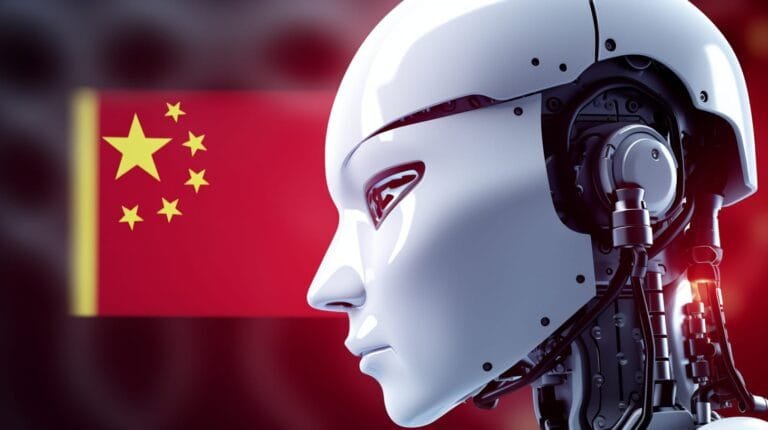
OpenAI's AI model solving problems from the International Math Olympiad 2025
OpenAI says its next big model can bring home International Math Olympiad gold A turning point
OpenAI researcher Alexander Wei announced this success on X (formerly Twitter) and told that their latest Experimental Reasoning LLM has achieved a long-standing big challenge in AI. The model evaluated itself under the same conditions as human competitors on the problems of the 2025 International Math Olympiad. It consisted of two 4.5-hour sessions in which the model did not access any device or the Internet, and it had to write detailed proofs based on official IMO problems. At the same time, the model successfully solved 5 out of 6 problems in total and scored 35 out of 42 points, which was enough for the gold medal. This is a major achievement because IMO problems are based on four broad subjects such as algebra, combinatorics, number theory and geometry and require a new level of “continuous creative thinking”.
Why is it a ‘turning point’
This achievement is being considered a turning point for several reasons. Such as complex reasoning capabilities that traditionally large language models (LLMs) have struggled to solve logical reasoning and complex mathematical problems. Which this model shows that AI is now developing human-level creativity and subtle reasoning capabilities, moving beyond just processing data or performing repetitive tasks. IMO does not have such clear verifiable answers. Which means that AI models have to form complex and impeccable arguments just like human mathematicians. As well as a step towards general intelligence, which OpenAI has clarified that this IMO gold medal-winning LLM is part of a general-purpose reasoning system. And this means that it is not designed for any particular formal mathematical system. But in the direction of general intelligence.
The company’s main effort is to demonstrate that the model solved these problems without any external tools, coding or the internet, which shows the depth of its internal reasoning capabilities. Three former IMO medalists independently evaluated the model’s solutions, and they finalized the scores only after reaching a unanimous consensus. This ensures that the model’s performance has indeed met the standards of human experts. And talking about future prospects, this breakthrough opens up new avenues for AI in fields like mathematical science and engineering. An AI model that can reliably check proofs will save a lot of time for mathematicians and help them be more creative. It may be able to solve complex engineering calculations and even participate in theoretical research.
OpenAI’s next big model – GPT-5 and beyond
Although the IMO gold medal-winning model is still an experimental research model and there are no plans to release it publicly in the near future. And OpenAI will soon launch its GPT-5 is preparing to release the model. So it is important to note that the IMO-enabled system is part of a separate research track from GPT-5. According to the information, GPT-5 will not be a single model but a system of many specialized models. It will have a router that will dynamically switch between models optimized for reasoning, non-reasoning and tool use.
OpenAI has previously unveiled its o1 model series, which is designed to think for a long time before reacting. And o1 solved 83% of the problems in the International Mathematical Olympiad (IMO) qualifying exam, compared to 4% for GPT-4o. This indicates that OpenAI is changing its AI strategy. Which is also moving towards creating smaller more versatile models that can do sophisticated cognitive processing, rather than just focusing on scaling models. And at the same time, despite AI’s success in mathematical reasoning, it is important to understand that AI is still not fully human intelligence. Human mathematicians not only solve problems, but they also develop new concepts, use intuition and have a deep understanding of mathematical principles that goes beyond mere logic.
Historical context and comparison to other AI models
This is not the first time AI has made significant progress in mathematical capabilities. Last year, Google DeepMind’s AlphaProof and AlphaGeometry 2 solved four out of six problems in this year’s International Mathematical Olympiad (IMO), giving them a score equal to the silver medalist. But OpenAI’s achievement is extraordinary because it directly achieved gold medal-level performance. At the same time, AI has made rapid progress in areas such as programming and mathematics in the last few years. Some time ago, an AI model from OpenAI took second place in the AtCoder coding competition, better than all but one human coder. While there are criticisms and challenges, the achievement is impressive.
Some doubts have also been expressed. Madhavan Mukund, director of the Chennai Mathematical Institute and professor of computer science, has noted that large language models are generally not good at logical reasoning. He also mentioned cases where LLMs have struggled with even slight manipulations in the puzzle. But Mukund admitted that the ability of this model to solve such complex problems is a major advancement and wonder in the field of AI.
Implications for the human brain
Talking about OpenAI, this achievement has many important implications for the future coexistence of the human brain and artificial intelligence. As well as the limits of knowledge and creativity, this achievement forces us to think about what are the limits of human knowledge and creativity. Will AI eventually surpass humans in all intellectual fields? Also, the success of AI in IMO shows that AI is no longer limited to just data processing. But is also capable of solving complex creative problems.
As well as the restructuring of education and learning that can happen if AI can solve such complex mathematics. So how should the education system be adapted? Will we need to teach students new skills to work with AI and take advantage of its capabilities? AI can act as a personal tutor, helping students understand mathematical concepts based on their specific weaknesses and strengths. As well as accelerating scientific discovery, AI can accelerate scientific discoveries by helping to investigate and construct mathematical proofs. And it can give scientists more time to develop new theories and models, leading to important breakthroughs for mankind.
So in conclusion
This gold medal win at the International Mathematical Olympiad by OpenAI’s experimental AI model is a historic moment in the development of artificial intelligence. It shows that AI can now not only process data, but also solve complex creative and highly logical problems that experts previously thought were possible only for human intelligence. This achievement holds deep implications for the future of math science education and human intellectual development. So that it marks the beginning of a new era of collaboration between AI and the human brain. Where AI will help us explore unknown territories and push the boundaries of human knowledge. We need to carefully navigate this progress and ensure that it positively shapes the future of humankind. So this is a turning point that forces us to consider the true potential of AI and its transformative impact on the human future.




1 thought on “OpenAI’s IMO AI Model Wins Gold – A Turning Point in Reasoning”